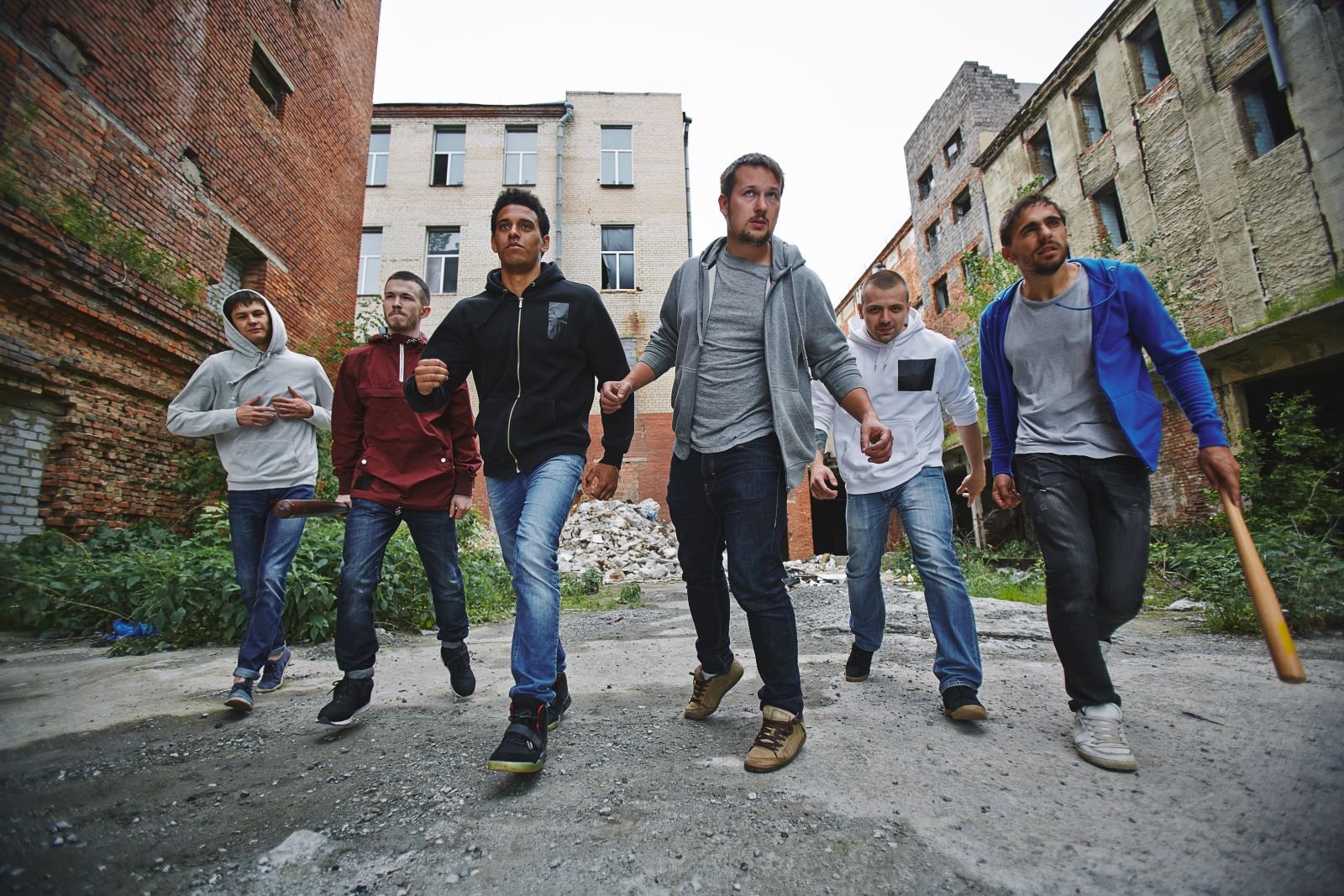Language evolves with society, often carrying remnants of the past, including terms and phrases that may have problematic origins. Here, we’ll explore common phrases that, unbeknownst to many, carry deeply rooted racist connotations.
Understanding the history behind these phrases can help us make more informed choices about the words we use, fostering a more inclusive environment.
Peanut Gallery

The term “peanut gallery” refers to the cheapest and rowdiest seats in a theater, where many Black people were segregated during the era of vaudeville in the United States.
Today, it is used to denote criticism from the least influential or least important section of an audience. However, its origins are a stark reminder of a time when racial segregation was commonplace in public spaces.
Eenie, Meenie, Minie, Moe

This children’s rhyme is often used to make a selection or choice randomly. However, the original version used a racial slur instead of “tiger” to describe who to catch by the toe. The use of this rhyme perpetuates its racist past, even if unknowingly. Being mindful of this history allows us to choose alternatives that don’t derive from or perpetuate discrimination.
Grandfather Clause

The “grandfather clause” is commonly used to mean that someone or something is exempt from new rules and continues to operate under old rules. This term originated from post-Civil War practices in southern U.S. states, where laws were created to exempt white voters from literacy tests and other voting prerequisites if their grandfathers had the right to vote before the Civil War.
This effectively disenfranchised Black voters. Recognizing the origin of this phrase highlights a significant period of racial discrimination and its lasting impacts on voting rights.
Sold Down the River

In common use, to be “sold down the river” means to be betrayed or misled. Historically, however, this phrase had a literal and much more sinister meaning.
During slavery in the United States, slaves who misbehaved were sold down the Mississippi River to plantations in the South, where the conditions were significantly harsher. This phrase is a painful reminder of the cruelty of the slave trade and the betrayal it represents.
Cakewalk

Today, a “cakewalk” is something that is seen as easy to accomplish, but its origins are less benign. The term comes from a pre-Civil War dance performed by enslaved Black people on plantations across the United States. Plantation owners would host contests in which slaves competed for a cake.
The observers, who were the owners, would deem the winner as the one who danced with the most style and flair. The term, therefore, carries undertones of a trivialized struggle for survival under oppressive conditions.
Uppity

“Uppity” was once used to describe Black people who did not conform to the oppressive social expectations of Jim Crow America.
When applied to Black individuals, the term was meant to suggest that they were not staying in their ‘place.’ Even without racial connotations explicitly stated today, the word can still evoke those racially charged origins.
Hip Hip Hooray

Often shouted with joy and celebration, the phrase “Hip Hip Hooray” might have more troubling roots than many realize.
Some historians suggest that the term “hip hip,” which is associated with the phrase, was historically used as a rallying cry during pogroms in Europe to harass Jewish communities. Though its exact origins are debated, being aware of this potential history helps in understanding the sensitivities involved when using such expressions.
N-word

The N-word is one of the most offensive racial slurs in English. Its roots lie in the Latin word for black, but it gained its derogatory and hateful connotation through its use in contexts of slavery and segregation in America.
Today, it remains a profoundly hurtful word to the Black community, symbolizing hate, oppression, and racism. While some in the African American community have reclaimed this term as a form of intra-group solidarity, it remains highly controversial and sensitive.
Gyp or Gypped

Often used to describe being cheated or swindled, the term “gyp” comes from “gypsy,” a derogatory term for the Roma people. The Roma have historically been stereotyped as untrustworthy and deceitful, a stigma that this phrase perpetuates. Recognizing the impact of this word helps avoid contributing to the discrimination of an ethnic group that continues to face widespread prejudice and exclusion.
Hooligan

The term “hooligan” is commonly used worldwide to describe a violent person or troublemaker, particularly in the context of sports. The word’s origins are unclear, but some theories suggest it stems from a fictional Irish family in a music hall song of the 1890s, portrayed as rowdy and disorderly. This term has potential ethnic implications, particularly toward Irish identity, reflecting a stereotype of the “violent Irish” that was prevalent at the time.
Thug

Originally “thug” refers to a member of the Thuggee, a group of professional thieves and murderers in India who strangled their victims. The term was adopted into English during British rule in India and has since evolved to mean “criminal” or “violent person.” In contemporary usage, especially in American society, it has taken on racially charged overtones that often implicitly target young Black men, reinforcing harmful stereotypes about race and criminality.
Paddy Wagon

The term “paddy wagon” supposedly refers to police vehicles used to collect individuals who were being arrested. “Paddy” is a common Irish nickname for “Patrick,” and the term reflects a time when “Paddy” was used in the U.S. as a derogatory term for Irish people, who were often stereotyped as drunkards. Using this term perpetuates ethnic stereotypes and is better replaced with neutral language like “police vehicle.”
Master Bedroom

The term “master bedroom” is commonly used in real estate to describe the largest bedroom in a house, typically with an attached private bath. The origin of this term is debated, with some suggesting that it reflects a historical hierarchy of spaces within large houses, often tied to patriarchal or even slavery-related connotations where the “master” of the household had the largest room. In light of a greater awareness of its potential implications, the real estate industry in some regions is moving towards more neutral terms like “primary bedroom” to avoid historical and social sensitivities.


